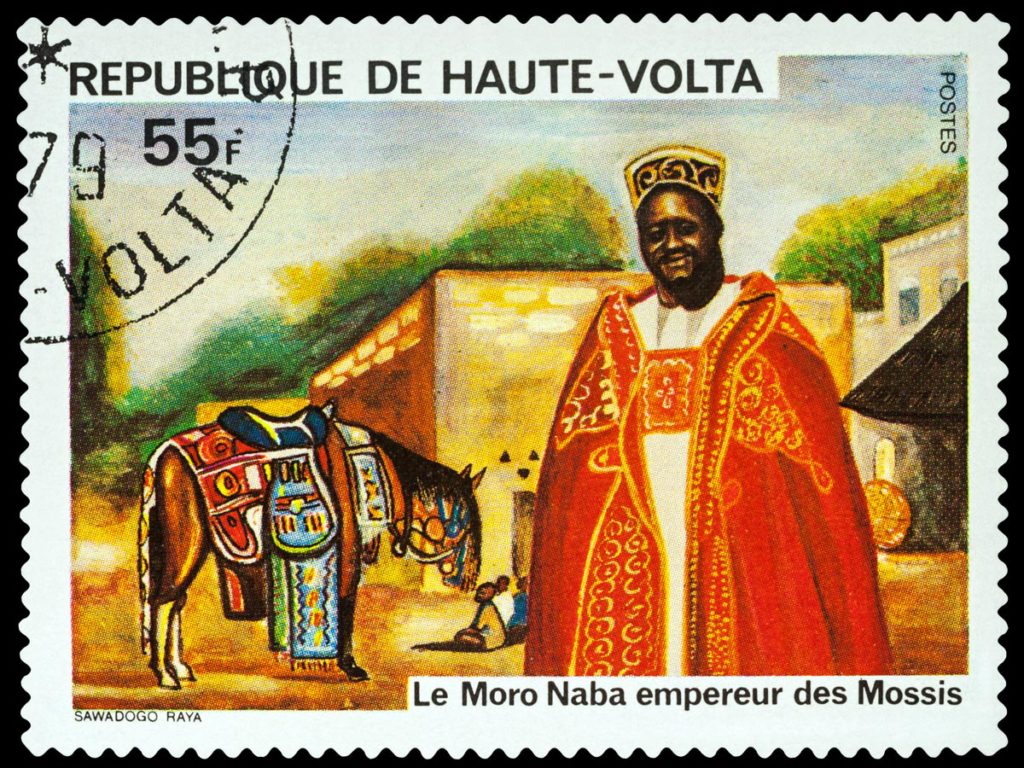“Upper Volta” can refer to three different eras in the history of the modern Western African country of Burkina Faso: the French Upper Volta colony of 1919-1932, after which it was divided into other colonies; a reconstituted version of the same entity from 1947-1958; and the Republic of Upper Volta, a self-governing part of the French Community from 1958-1984. Stamps were issued especially for Upper Volta during the first and last of these three periods.
Upper Volta, 1919 — 1932
Upper Volta’s first stamps were overprinted stamps from the colony of Upper Senegal and Niger. These overprints read ‘HAUTE-VOLTA’ and were first used in 1920. In 1928, Upper Volta got its own stamps; the inscriptions read HAUTE-VOLTA and AFRIQUE OCCIDENTALE FRANÇAISE (in English, French West Africa). More stamps were issued in 1931.
Browse 120 current Upper Volta stamps and postal collectibles for sale offers here
In 1932 Upper Volta ceased to exist; the area was divided up into French Sudan (now Mali), Niger, and Côte d’Ivoire.
Upper Volta, 1947 — 1958
Following World War II, Upper Volta was reconstituted, using its original borders. Again, it was part of French West Africa, but used the stamps of that federation rather than its own stamps. Postmarks and covers from this time may be found for sale from time to time, for the completist.
Republic of Upper Volta, 1958 — 1984
In 1958 the French colony of Upper Volta gained self-government, and became a republic. Stamp issuance began soon afterwards, and the stamps of these years use the new full French name of the republic, République de Haute-Volta as their inscriptions. During this time, full color designs and bolder graphical elements were gradually introduced; the stamp program was expanded as well, and many interesting Upper Volta stamps were released to appeal to collectors, including maximum cards, souvenir sheets, and first day covers.
See also: Gambia rare stamps for philatelists and other buyers
In 1984, the Republic of Upper Volta changed its name to the pointedly less French-sounding Burkina Faso.










